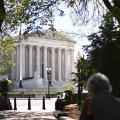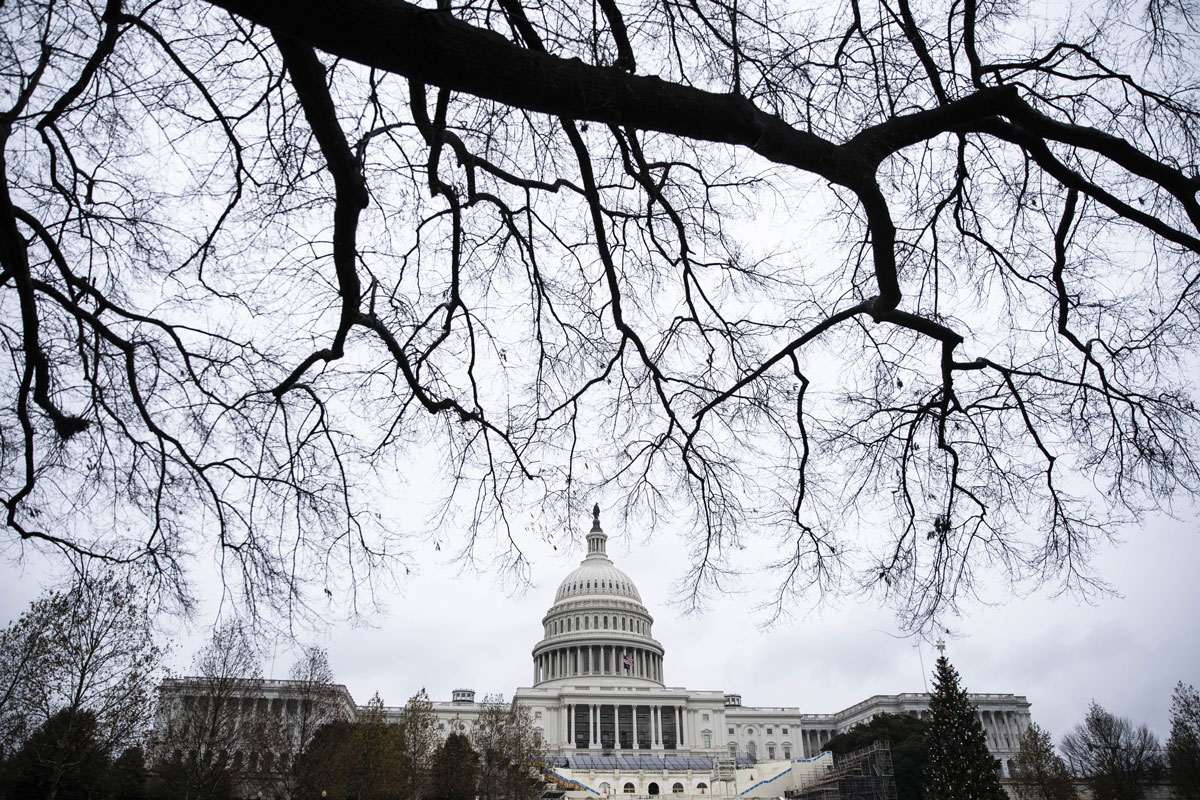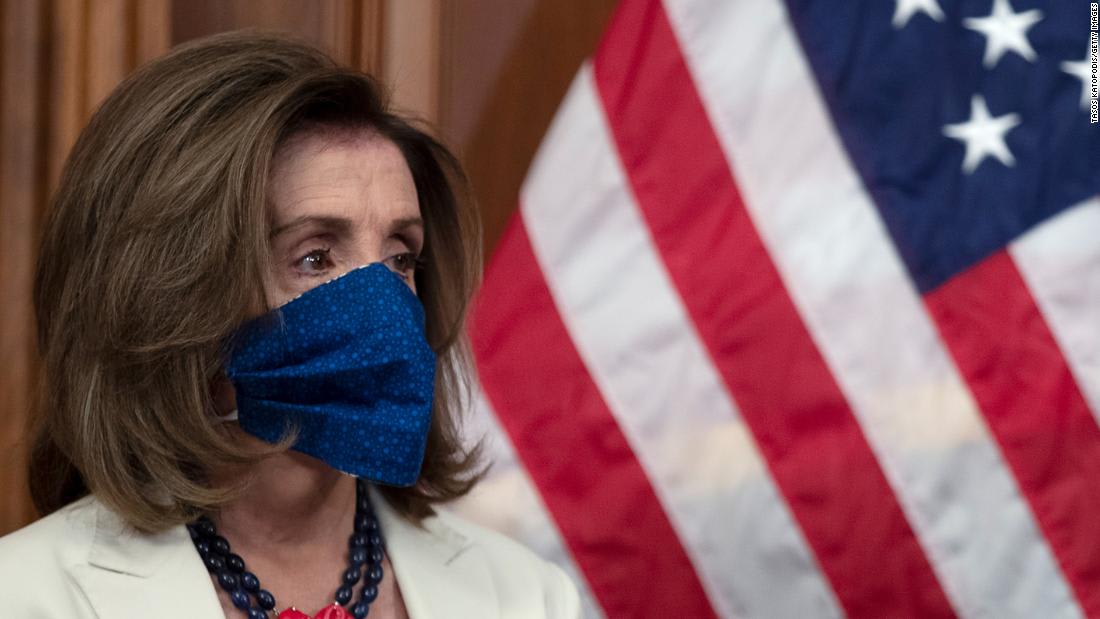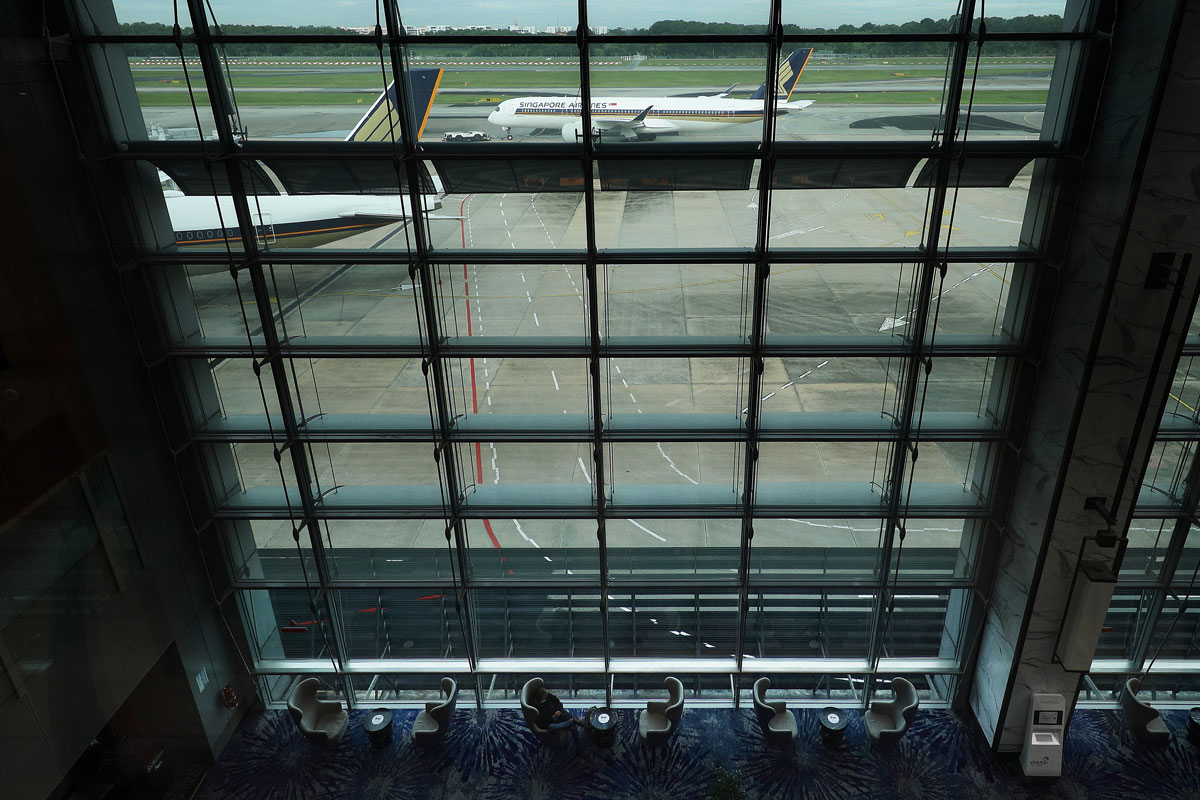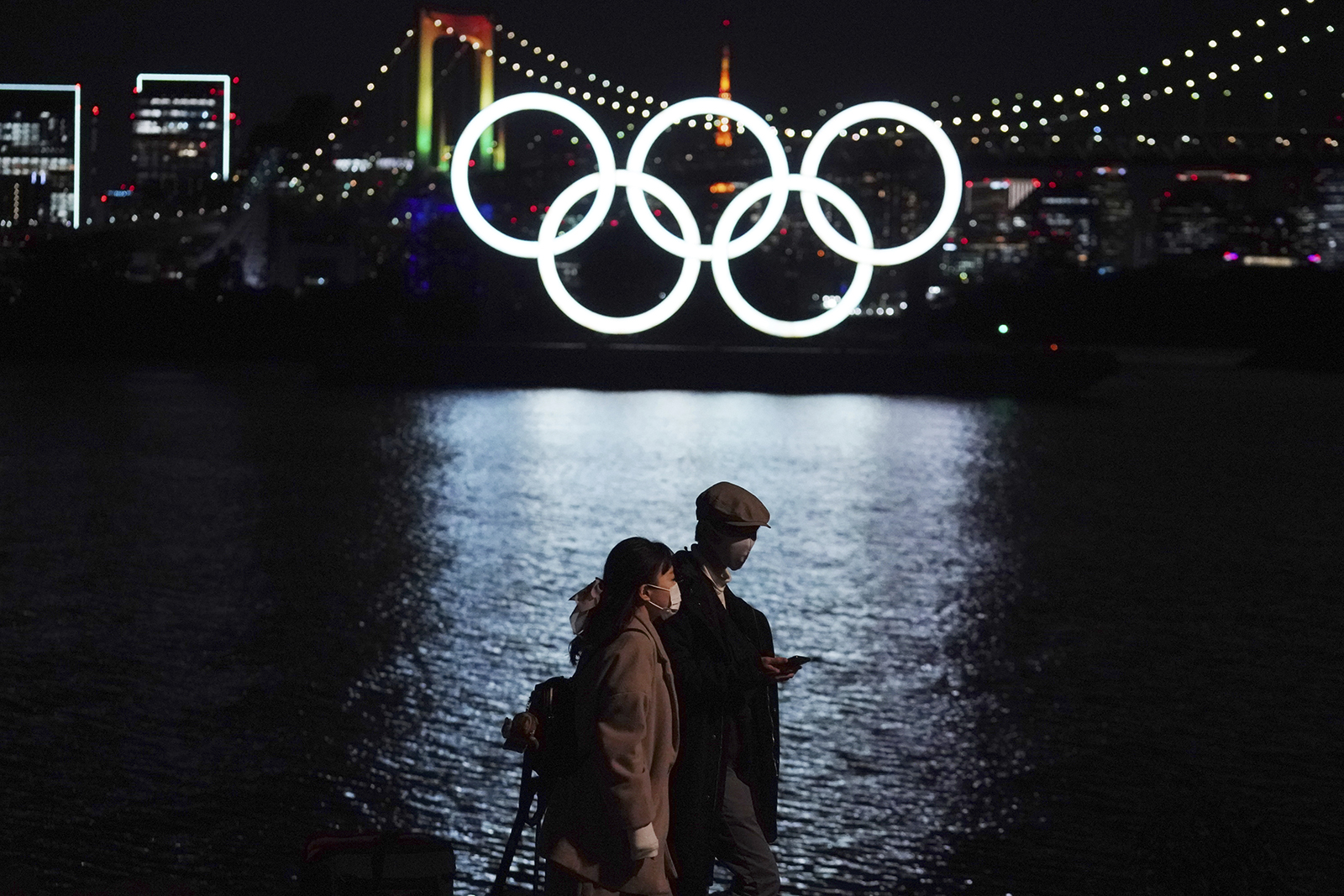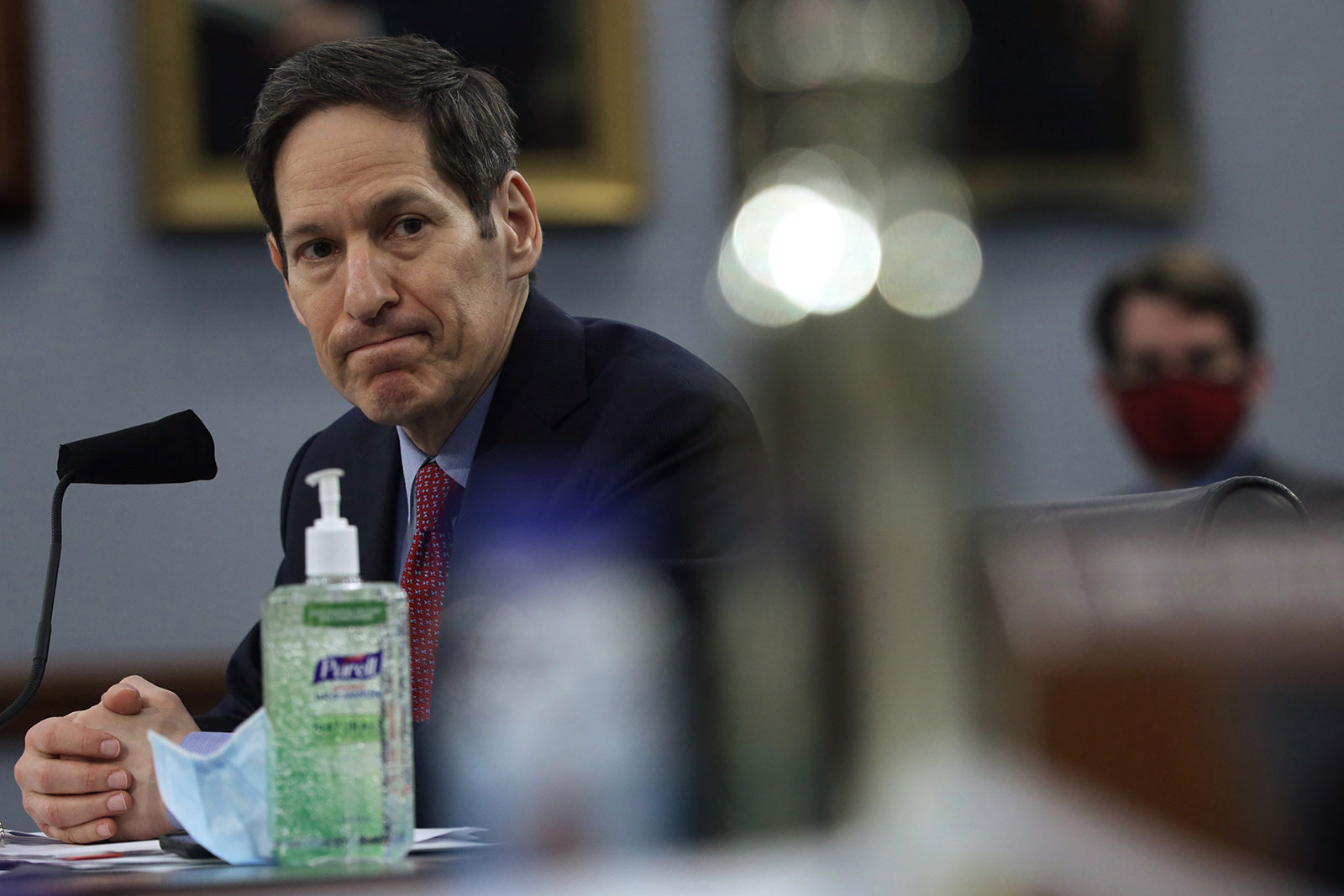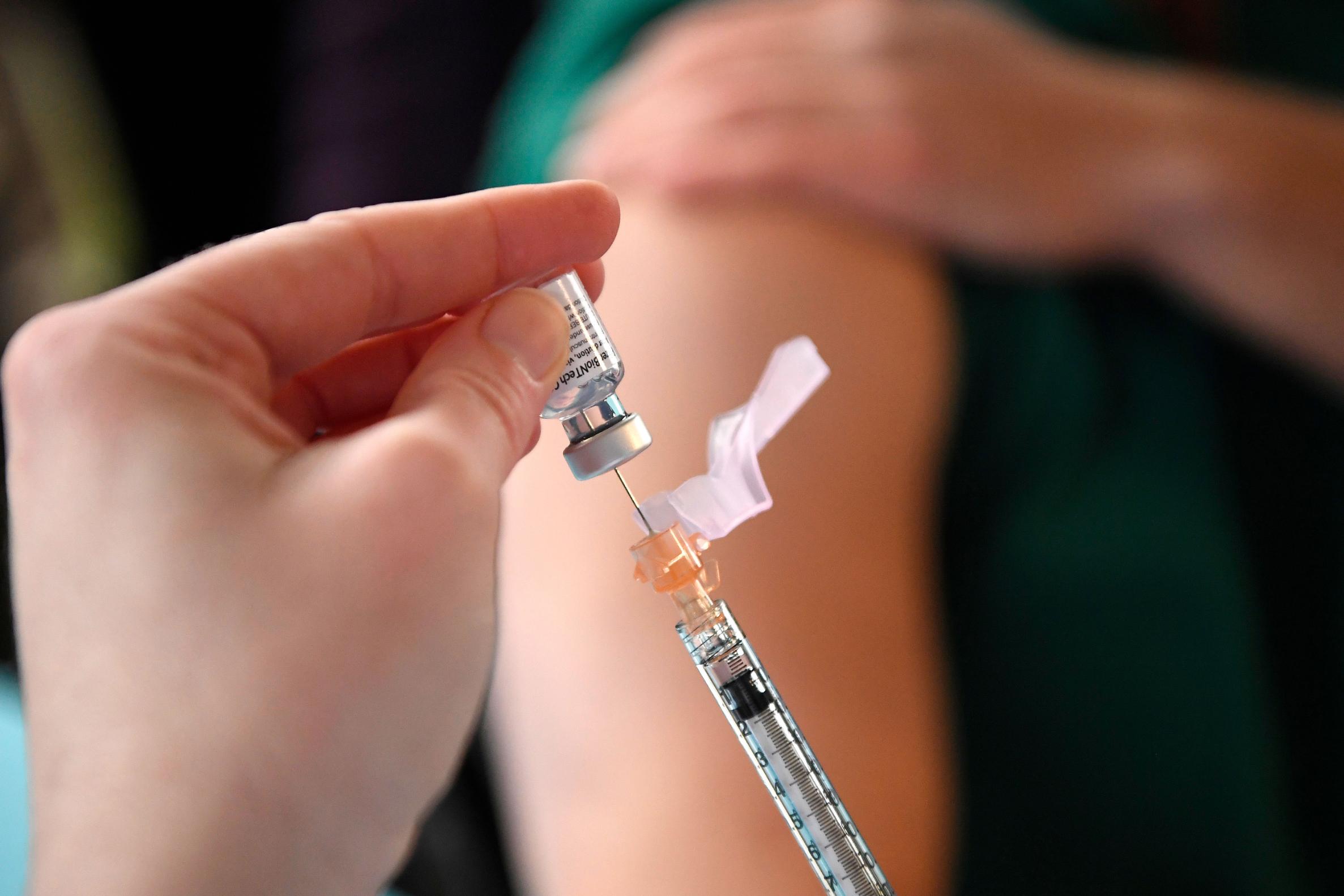
Some 71% of Americans say they will “definitely or probably” get a Covid-19 vaccine, according to a survey out Tuesday from the Kaiser Family Foundation.
But Black Americans, people living in rural areas and Republicans are more hesitant about getting the shots.
A third of those surveyed said they want to get a vaccine “as soon as possible,” while 39% said they would “wait and see” how initial vaccination goes before getting a vaccine themselves.
The non-profit health research group polled 1,676 adults for the survey, which the group is launching as the Covid-19 Vaccine Monitor and plans to update regularly.
About 15% of respondents said they would “definitely not” get a Covid-19 vaccine.
“This group is disproportionately made up of Republicans and of people with no more than a high-school level education,” Kaiser said in a statement.
Some 9% of those surveyed, mostly essential workers, reported they would get a vaccine only if it were required by work, school, or other parts of their lives.
The survey also looked at motivations behind vaccine hesitancy, and found that the groups that are the most vaccine hesitant are Republicans, 30-to-39-year-olds, rural Americans, and Black Americans.
“Some Black adults are hesitant for reasons that could change with more information. For example: 71% of those who say they won’t get vaccinated say a major reason is that they are worried about possible side effects (which are expected to be mild) and half (50%) say they worry they could get COVID-19 from the vaccine,” KFF said.
For Republicans, 57% of those surveyed chose “the risks of Covid-19 are being exaggerated” as a major reason they definitely or probably would not get a vaccine.
“Many Americans who are hesitant are simply reserving judgment before they are ready to get vaccinated. However, nearly one in four Republicans don’t want to get vaccinated because they don’t believe COVID poses a serious threat,” said Mollyann Brodie, executive vice-president with the Kaiser Family Foundation. “It will be a real challenge to undo COVID denialism among this slice of President Trump’s political base.”


